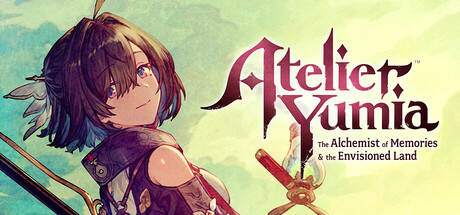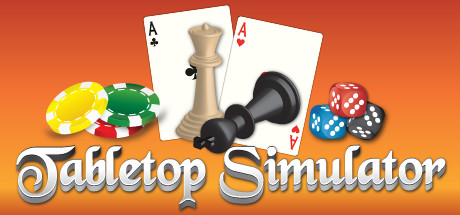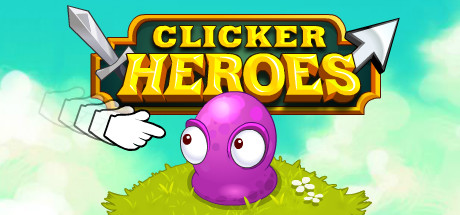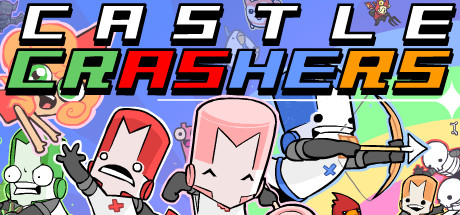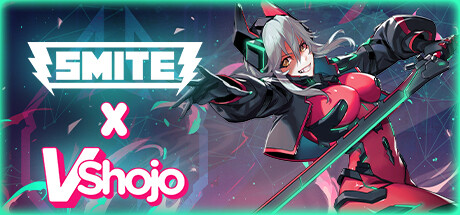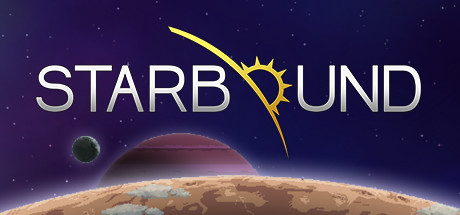Playtime:
1723 minutes
( full review with screenshots: https://www.gaming-parrot.com/post/atelier-yumia-review-cutting-corners )
This is a neutral review, but I went with recommend because there are plenty of negative reviews already.
The most important thing to say about Atelier Yumia is that if you're not already familiar with these games, this is categorically not where you should start. Although each new trilogy in the franchise shakes things up in its own way, basically every other game has provided an exceptionally deep crafting system that drives everything else in the game: you explore to find resources to craft items that let you win harder fights and progress to new areas, which gives you new resources to start all over again. Yumia departs from this by focusing on a Ubisoft-esque open world and replacing its combat and crafting systems with what is effectively mindless button mashing. It eventually coalesces into something that is just about worthwhile, but new players should look to basically any other game in the franchise instead.
Yumia's poor reviews from experienced players mostly come down to three things: the combat and crafting have been thoroughly dumbed down, the open world is dull, and the game is ugly. I'll come to each of these, but let's start with the combat and crafting. Previous Atelier games typically had crafting systems that were like little puzzle games thanks to limits on how many items you could mix in and requiring specific resources or traits to unlock the strongest effects. Yumia ditches all of that in favor of requiring at most one or two exact items in each recipe and mostly allowing you to put anything (or nothing) in each of three to four nodes per layer. There are little stars scattered around the recipe graph that grant increasing benefits if you can reach them, and better ingredients generally provide more coverage to reach stars, as well as boosting a resonance counter to get even more effects. There's probably a version of this idea that could work with tuning, but what we're giving basically amounts to sorting by resonance area and putting the best ingredient you're willing to spend in each slot. Ingredients do have passive bonuses that make them better to include in certain recipes, but there's no way to sort by these effects and filtering for them after each step is incredibly tedious, so most players won't bother. Worst of all, the puzzle elements are almost completely gone since unlocking the deeper layers of the recipe is controlled entirely by spending magic open world dust rather than by what you've put into the recipe.
You can just about see what they were going for if you squint at the crafting system, but combat is just baffling. It's probably supposed to be an evolution of the rhythmic approach to Ryza's combat, but there's so much happening on screen at once and so little explanation of what any of your attacks do that you may as well just mash random buttons until you win. You're supposed to move between the inner and outer ranges and use dodges to evade enemy attacks, but in practice attacks either don't do enough damage to be worth dodging or the attack range covers the entire battlefield anyway, so realistically most battles are slapfights to see whose HP runs out first. Luckily, you level up faster in this game than in almost any other JRPG ever made and all problems can be solved with more stats, so while the battles are utterly mindless, they at least aren't overly frustrating. In the event you run into trouble, you either grind for 5 minutes to get 10 levels or you autocraft some high quality equipment that wipes the floor with all enemies.
As for the open world, it's more of a mixed bag. There's no denying that most of the activities available are generic and unrewarding, but they do at least take place in some striking locales. I get the impression that an earlier iteration of Yumia may have had a more survival game bent because of the camp building system that lets you make bases for healing and crafting in each area of the map. There are a ton of customization and functional items to use in these camps, but there's also zero reason to actually use any of it because you can always just fast travel back to your main camp and then again to return to a tower or camp near where you were. The good news is that while the open world is tedious and unrewarding, you can completely ignore it unless you're desperate to chase trophies. Plenty of side quests make you interact with the open world systems, but none of them impact the main story, and focusing just on the main quests gives you something much closer to the flow of a typical Atelier game. I stopped worrying about open world activities completely near the end of Act 2 and enjoyed the game much more from then on.
The final common complaint is that the game is ugly, which I think mostly comes from a combination of the fog effects in Act 1 and people playing on Deck or lower spec systems. Yumia certainly isn't going to win any awards for technical graphics, but later areas have some striking designs and impressive vistas. The first area is much more generic, however, and the fog effect just doesn't land. If you're on Deck or something that maxes out with similar settings, meanwhile, the game is just a blurry mess in every area.
Although it hasn't gotten as much focus as the other changes, Yumia's story is arguably as much of a departure from previous Atelier games as anything else. Most games in this series don't have real villains so much as impending environmental or biological crises that the party needs to stop. Yumia has an enemy faction and recurring boss fights against them, by contrast, which both serves to provide extra character motivation and make it feel more like a typical JRPG. The story also returns to the darker tones of the Dusk trilogy (Ayesha/Escha & Logy/Shallie) in having a world in environmental crisis and a dimmer view of alchemy. This isn't gritty by any means, nor even as dark as recent Tales of games, but it's a big shift in tone from the happy atmosphere of the Ryza trilogy. The result is a decently entertaining story that's held back by a somewhat weak cast of characters.
👍 : 5 |
😃 : 0
